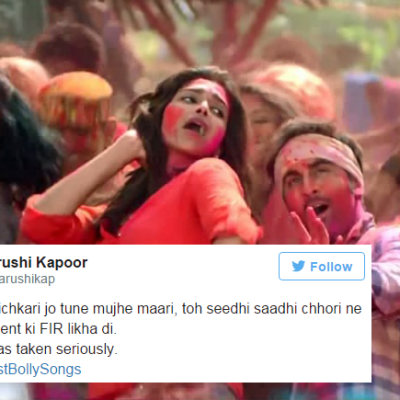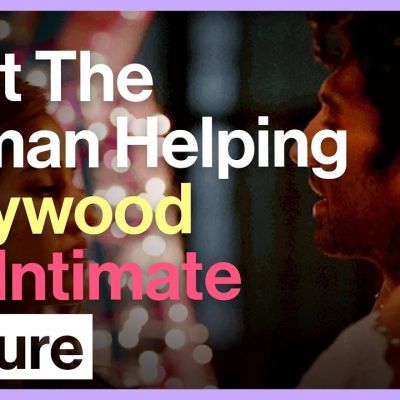Hindi cinema
Twitter has been rumbling with chuckles and giggles over the last few days with a trending slew of Tweets and…
When I saw Alia Bhatt’s gloriously flawed Kaira in the film ‘Dear Zindagi’ (2016), I felt so gratified I could have jumped up and cheered. To paraphrase, she resolutely sheds the burden that Hindi film heroines have been hefting on their always-delicate shoulders since the first hero whistled wolfishly across the street – the need to be relentlessly likeable.
Twitter was hashtagging the 21st anniversary of the classic Bollywood film, ‘Dilwale Dulhania Le Jayenge’ (1995) a few months ago, a human rights organisation did a fun take on it by asking its followers to feminist up the film’s iconic dialogue, “Ja, Simran, Ja”.
Aastha Khanna is India’s first intimacy coordinator who is making sure that a film’s vision is realised without flouting anyone’s boundaries, or leading to general awkwardness on set, especially when it comes to intimate scenes.
Despite the progress made, Hindi cinema still faces challenges in accurately representing the diversity of LGBTQ+ experiences. Critiques have been raised regarding the tendency to prioritize cisgender, upper-class narratives.





